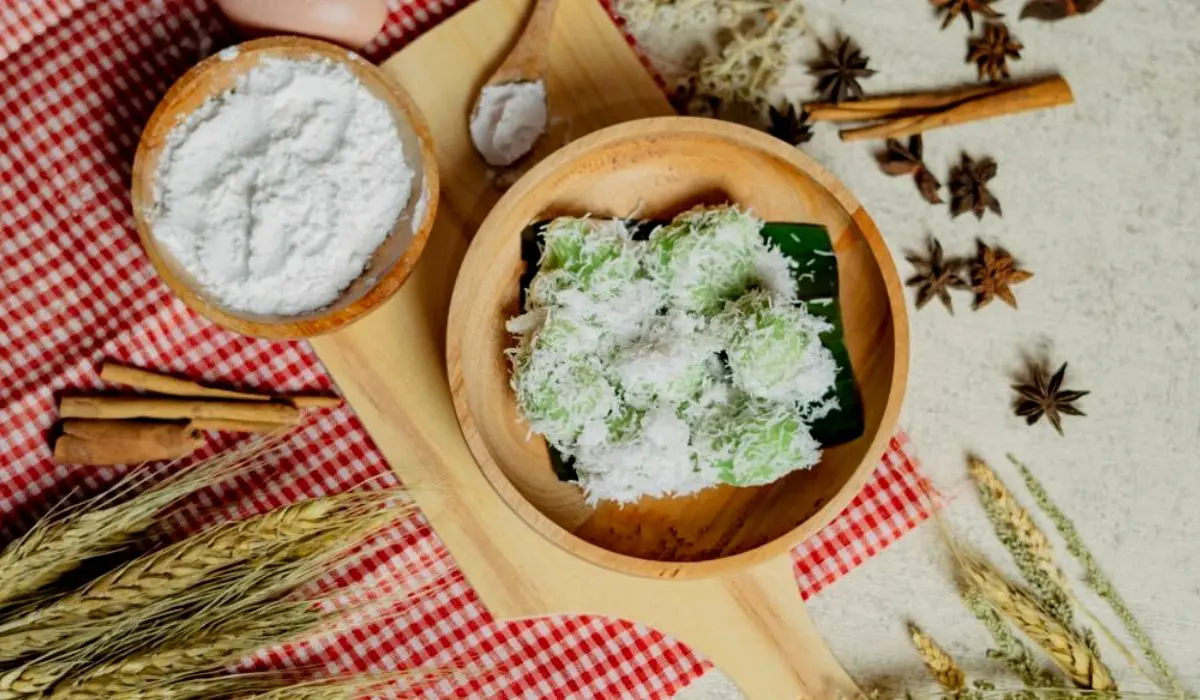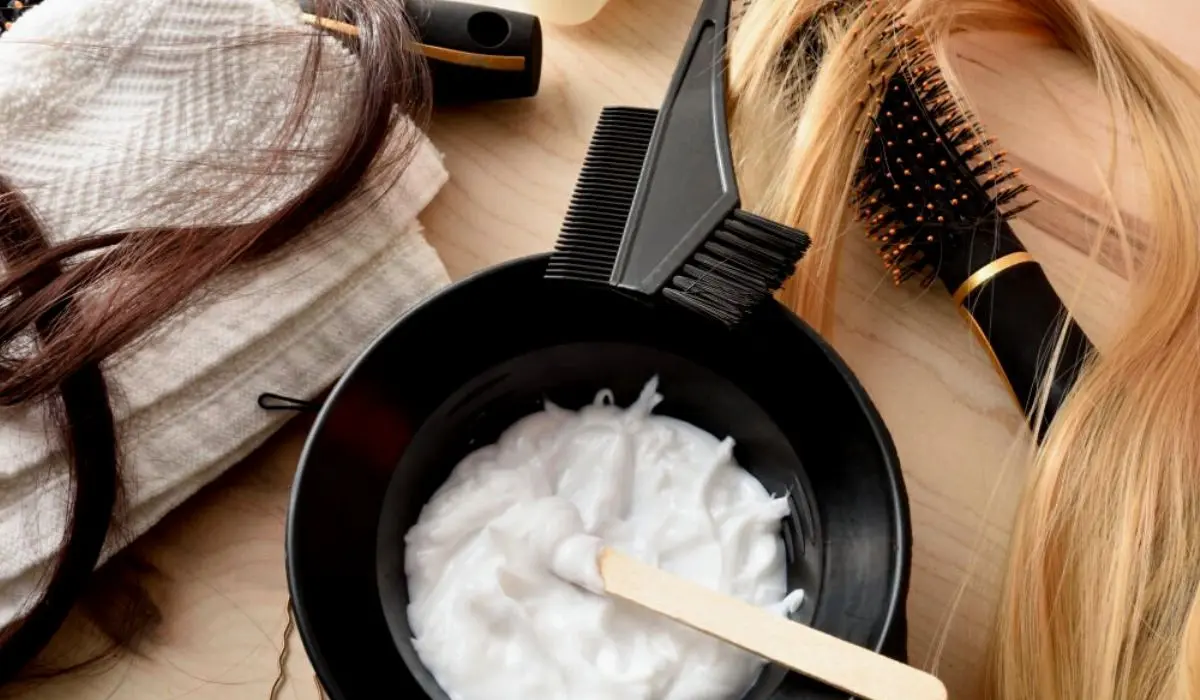Damaged, brittle hair is a common problem for many people. Overprocessing with dyes, heat tools, and harsh products can take a toll on your strands and leave them looking fried. While salon conditioning treatments are great, they can get expensive over time.
Luckily, you can nourish and revive your damaged locks right at home with DIY deep conditioners. These intensive moisturizing treatments use simple kitchen ingredients to repair split ends, smooth the cuticle, and restore strength.
Ready to give your hair some major TLC? Let’s look at how deep conditioners help damaged hair, top homemade options, application tips, and more.
What Are Deep Conditioners? How It Is Used To Control Damaged Hair
Deep conditioners are designed to provide an extra level of hydration and nourishment for weak, damaged hair. They contain concentrated conditioning ingredients that penetrate deeply into the hair shaft to restore health. The rich formulas fill in gaps in the cuticle layer caused by damage and slick down the cuticle to minimize frizz and tangling.

Deep conditioners also deposit proteins, ceramides, and lipids to reinforce and protect hair strands. This helps replenish moisture, elasticity, shine, and manageability. For damaged hair, weekly deep conditioning is recommended to get hair back into better shape. The intense hydration combats the effects of damage and prevents further breakage.
5 Best Homemade Deep Conditioners For Damaged Hair
1. Avocado Deep Conditioner
Mashed avocado makes an ultra-nourishing hair mask. It contains fatty acids and vitamins A, D, E, and B6 to deeply moisturize. Whisk together one ripe mashed avocado, 1 tablespoon olive oil, and 2 tablespoons honey until smooth. Coat damp hair, concentrating on damaged areas. Cover with a shower cap for 30 minutes, then rinse.
2. Mayonnaise Deep Conditioner
While it may sound odd, mayonnaise is great for hair. The oils and egg yolks provide intense hydration. For dry, damaged hair, massage 1 cup of mayonnaise into damp strands. Cover with a shower cap for at least an hour, then shampoo and condition as usual. The hair will feel silky soft afterward.
3. Coconut Oil Conditioner
Coconut oil penetrates well to nourish hair. Melt 1/4 cup coconut oil and mix with 2 tablespoons honey. Apply to damp hair, massaging it in with your fingertips. Put your hair in a shower cap or towel wrap and leave it on for a minimum of 30 minutes before washing as normal.
4. Yogurt Conditioner
Plain, full-fat yogurt contains proteins and lactic acid that help strengthen hair. For a reparative mask, combine 1 cup yogurt, 1 tablespoon olive oil, and 1 beaten egg. Apply to clean, wet hair. Rinse thoroughly after 30 minutes. Use weekly for nourishment.
5. Banana Conditioner
Bananas are packed with moisture-binding potassium and vitamins. Mash 1 overripe banana with 1 tablespoon of honey and 1 tablespoon of argan oil. Smooth the mixture over damp hair and wrap it in plastic wrap. Rinse after 30-60 minutes for intense softness.
Benefits Of Homemade Deep Conditioners
Using homemade deep conditioning treatments offers many advantages for damaged hair:
? Improves moisture levels and hydration
? Repairs split ends and smooths the cuticle
? Provides nutrients like fatty acids, minerals, and proteins
? Protects from heat styling and environmental damage
? Leaves hair silky, manageable, and frizz-free
? Adds shine and luster
? Strengthens strands and minimizes breakage
? Gives hair bounce and elasticity
? Enhances the health of hair follicles
? Detangles and eases styling
? Freshens up limp, dull hair
? Safe, natural ingredients avoid further damage
? Affordable compared to salon treatments
Precautions & Tips While Using Homemade Deep Conditioners
When using DIY hair masks:
? Perform a patch test on your arm to check for allergies
? Use a plastic cap or towel to retain heat and let the mask penetrate
? Start with clean hair and apply masks to damp strands for best coverage
? Focus on the most damaged sections – mid-lengths to ends
? Limit homemade masks to 1-2 times per week at most
? Rinse thoroughly with cool water to remove oils and residue
? Follow with a light conditioner if hair feels too heavy
? Avoid getting masks on your scalp to prevent greasiness
? Store any extra homemade mask in the fridge for up to 5 days
? Apply a leave-in treatment or oil for added nourishment
? Get occasional trims to snip away split ends as your hair recovers
Conclusion
Reviving damaged, overprocessed hair is possible with the supercharged nourishment of homemade deep conditioners. Supplying intensive moisture penetration exactly where your strands need it most does wonders to restore health.
The affordable, all-natural DIY hair masks infuse parched hair with oils, proteins, vitamins, and nutrients for a major boost. With some TLC in the form of these pampering treatments, dry, brittle hair can look and feel strong, smooth, and beautifully shiny again.
Read More:- Derma Roller For Hair Growth – Benefits & Uses
FAQs
1. How often should you deep condition damaged hair?
Aim for weekly deep conditioning to see results. For extremely damaged hair, you may need 2-3 treatments per week initially.
2. How long should you leave a deep conditioner in?
Homemade deep conditioners need 30-60 minutes to fully penetrate the hair. Wrapping hair in a warm towel helps the ingredients absorb better.
3. Can you deep condition with a shower cap on?
Yes, plastic shower caps help trap in heat to allow deep conditioners to work more effectively on your hair.
4. What’s the difference between a hair mask and a deep conditioner?
Hair masks provide deeper conditioning than regular conditioners, but are not as intensive as a true deep conditioning treatment.
5. Should your hair be wet or dry before a deep conditioner?
Damp hair allows deep conditioners to penetrate best, so mist your hair with water before applying them.

